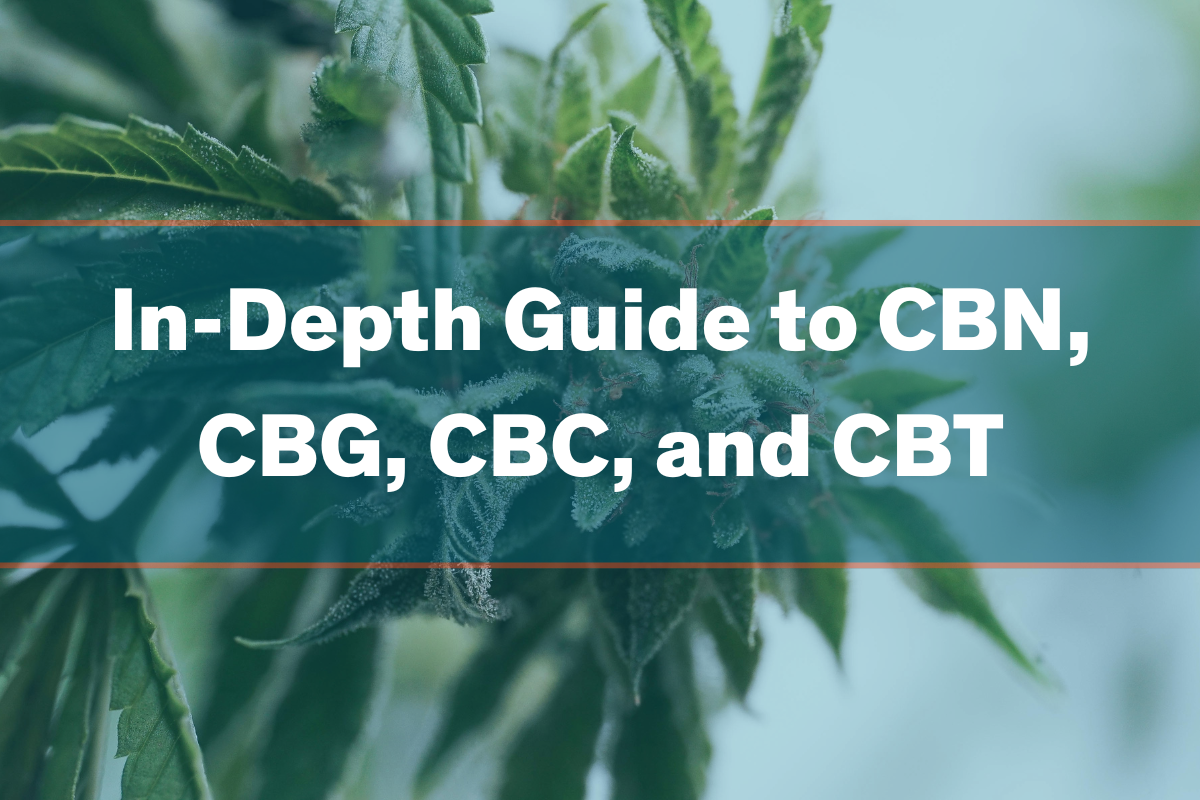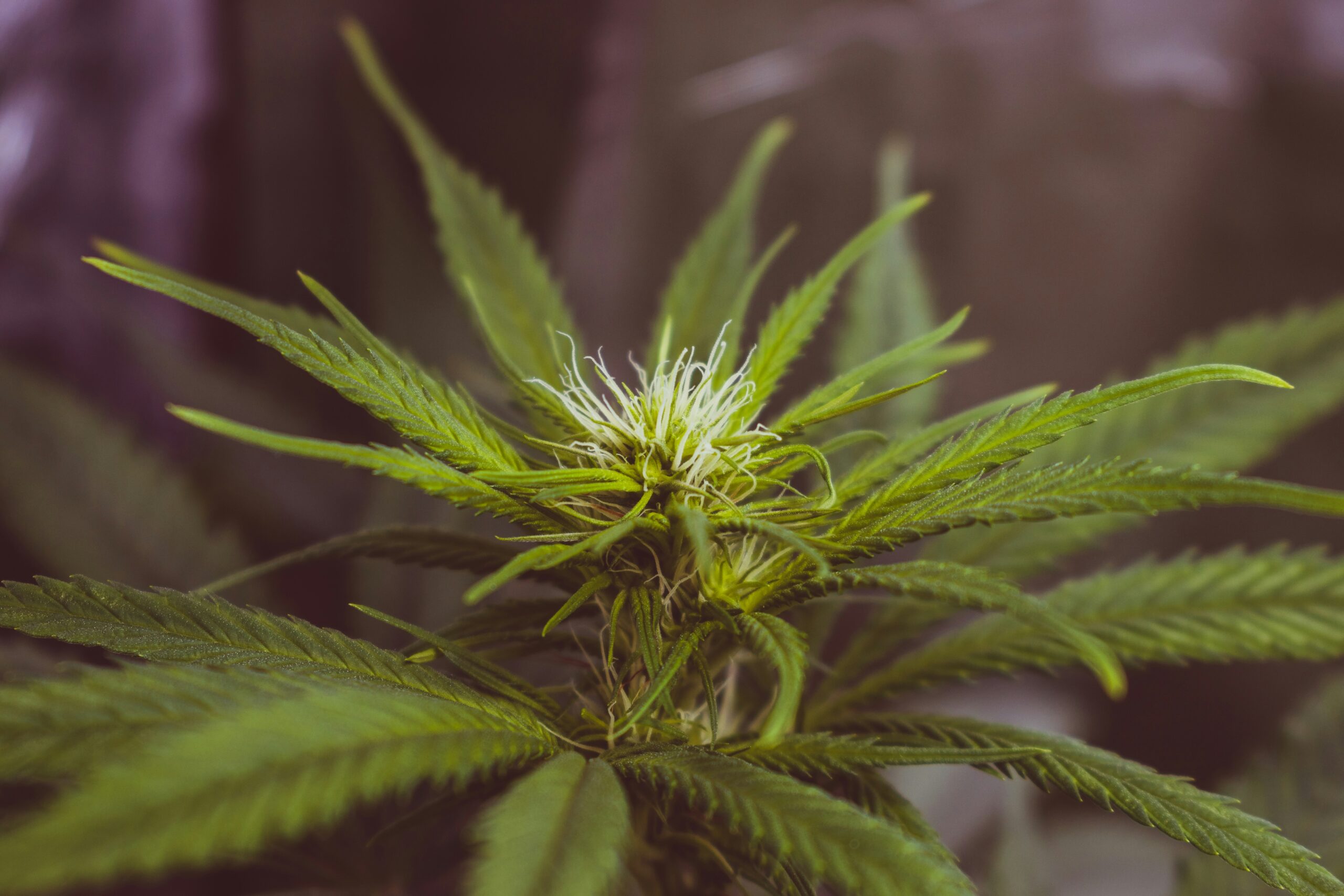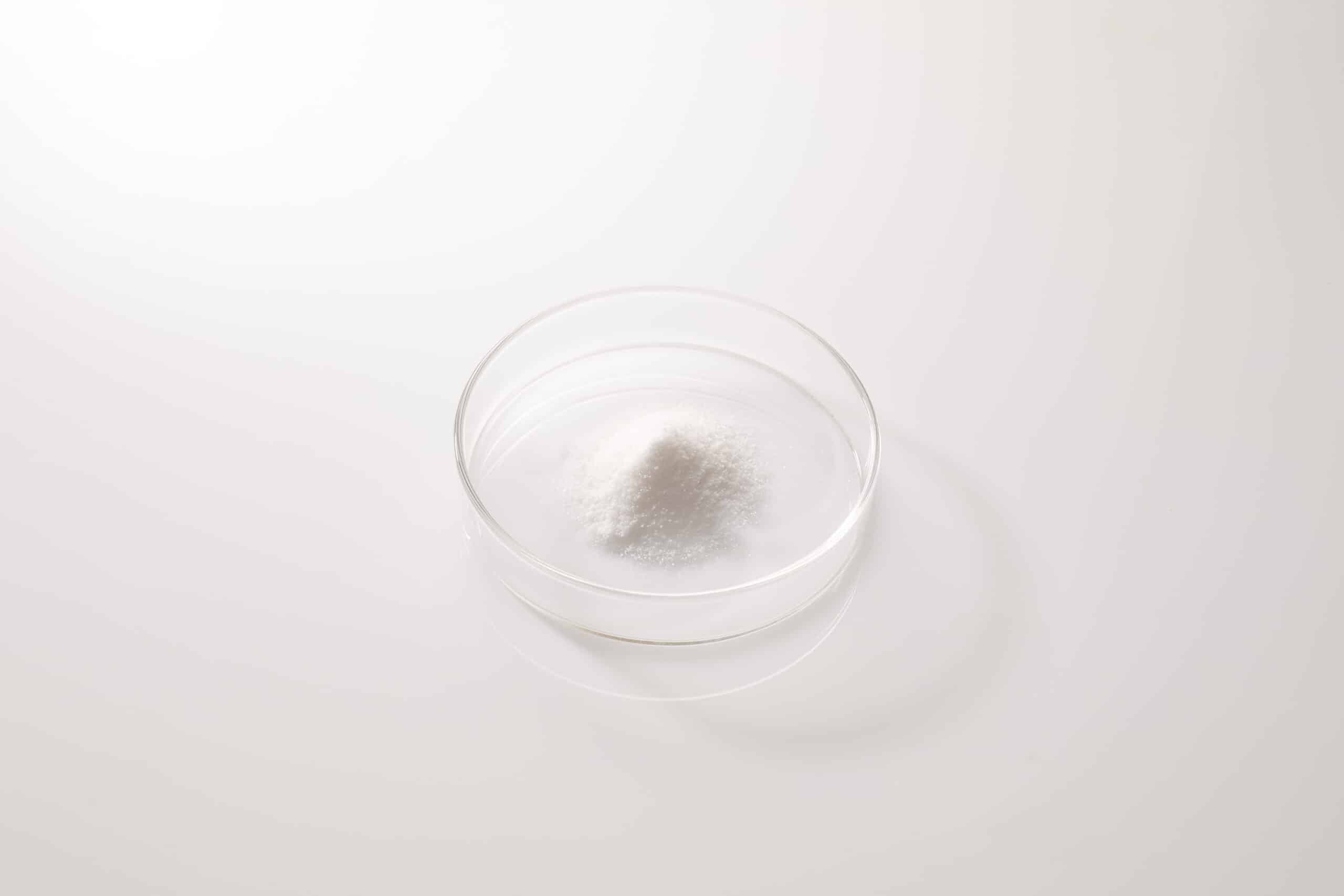Spain has recently become known as an international epicenter of cannabis tourism, raising questions about the nation’s actual stance on cannabinoids. Is the Mediterranean country as receptive to cannabinoids as it appears? From Spain’s stance on specific cannabinoids to insights into the nation’s overall cannabis culture, learn everything you need to know about marketing cannabinoid products to Spaniards.
What are the cannabinoid laws in Spain?
Spain decriminalizes the possession and use of THC-rich cannabis products for most purposes. The nation also follows EU standards for CBD products, recently raising the maximum THC threshold to 0.3%.
Cannabis is not, however, “legal” in Spain, and the existence of cannabis clubs has led to considerable controversy over the years. It’s also important to remember that Spain is hardly monolithic with individual provinces and cities often imposing their own cannabis regulations.
History of cannabis in Spain
The modern science of “historical biogeography” commonly places the first entry of Cannabis sativa into Europe somewhere in the Iberian Peninsula¹, an area of Europe comprising Spain and Portugal. Using archaeological and geological records, scientists have been able to determine that cannabis use was already widespread in prehistoric Europe² with an emphasis on the Iberian Peninsula region.
It’s fair to say that cannabis is deeply rooted in Spanish soil, also influencing the country’s arts and history. Like most other colonial powers, the Spanish cultivated hemp extensively for sailcloth, and as the foremost colonial empire for centuries, Spain had a great need for sails.
It should come as no surprise, therefore, that the Spanish began cultivating hemp in Chile as early as 1545³, which most historians credit as the introduction of Cannabis sativa to the Americas. Records of cannabis use for medical or religious purposes in Spain are scant, but to this day, the Spanish are remembered for their connection to sorcery⁴.
Spaniards brought their own understanding of the occult, including the magical art of pharmacy, to the Americas, where it blended with the shamanistic beliefs⁵ of the natives. Already accustomed to entheogenic substances, indigenous peoples widely embraced the psychoactive properties of cannabis while colonizing Spaniards still mostly used the plant for sail fiber.
Spain underwent a great deal of cultural interchange during its colonial period, bringing certain spiritual practices back from the New World with it. Cannabis never truly died out in Spain, and the country’s 20th-century views on cannabis stem from the Iberian Peninsula’s ancient role as a cannabis homeland.
History of cannabis laws in Spain
In 1992, the Spanish government decriminalized the possession and personal use of all drugs⁶, becoming one of the first European nations to take this dramatic step. While this law did not make it legal to cultivate cannabis or use it in public spaces, it essentially made it impossible for the Spanish government to arrest you for possessing small amounts of cannabis.
Then, in 2015, Spain decriminalized personal cultivation of cannabis⁷ as long as plants were not viewable in public spaces. Nonetheless, Spanish citizens have taken to growing cannabis on their balconies, exploiting a legal loophole providing that balconies are private, not public spaces.
Buying or selling cannabis remains illegal in Spain. Due to the combination of these two decriminalization laws, however, cannabis clubs have formed and flourished throughout Spain. These clubs consist of members who make donations in exchange for products — legally, no actual exchange of tender for goods occurs.
Over the years, various cannabis clubs have been shut down in Spain, or members have been penalized. These actions were always on behalf of local governments, however, with the Spanish federal government sticking by its position that cannabis possession is decriminalized for personal use.
Which cannabinoids are legal in Spain?
The only cannabinoid that is specifically illegal in Spain is THC, and only within certain specific contexts. THC products are decriminalized in Spain, and the nation has not established specific provisions for other cannabinoid products. As such, regulations regarding CBD in Spain revert to EU guidelines⁸, which stipulate that CBD may be imported into member nations as long as it contains less than 0.3% THC.
Is CBD legal in Spain?
Yes, CBD is generally considered to be legal in Spain since the nation follows EU mandates. The EU has determined that CBD products containing less than 0.3% THC are legal for sale within its member nations, and Spain has not made any moves to the contrary. Currently, CBD products are widely sold throughout Spain in boutiques, natural food stores, and similar locations.
Is CBG legal in Spain?
The legality of cannabigerol (CBG) in Spain is questionable since the EU has not ruled on this particular cannabinoid. The general thrust of current international cannabinoid law, though, is to accept new cannabinoids so long as they contain less than 0.3% THC.
With cannabinoids like CBG, it is especially important to remember the near-autonomy certain Spanish provinces have regarding import and export laws. Importing CBG into Catalonia, an area known for its lax positions on cannabis⁹, could be easier, for instance, than attempting to import the cannabinoid into Madrid.
Is THC legal in Spain?
No, THC products are not legal in Spain. Spain has many cannabis clubs because Spanish law decriminalizes cannabis use, possession, and, in some cases, cultivation.
While certain prescription cannabis medications are available through the Spanish pharmacy system, the nation has yet to enact comprehensive medical cannabis laws. Efforts are underway to push this agenda forward in 2023¹⁰, which would undoubtedly have a positive effect on cannabinoid laws in Spain, but so far, no system for fully legal cannabis sales exists.
Does Spain have adult-use cannabis?
No, adult-use cannabis is not legal in Spain. Instead, the country has decriminalized most forms of cannabis possession and use, effectively allowing anyone in Spain to use cannabis without facing legal repercussions. However, it is important to note that decriminalization is very different from legalization.
Can you import cannabinoids into Spain?
It is legal to import CBD products into Spain as long as they follow general EU and Spanish import procedures and contain less than 0.3% THC. Other forms of cannabis import into Spain are usually prohibited, as they are considered drug trafficking.
Unlike nations with medical or adult-use cannabis economies, there is no legal pretext for exporting cannabis products to Spain. Although cannabis use is decriminalized, importing cannabis products with more than 0.3% THC could be seen as illegal in Spain.
Are there cannabinoid manufacturers in Spain?
There are no legitimate, above-board THC cannabis manufacturers located within the borders of Spain. Since the nation has not enacted medical or adult-use cannabis laws, THC cultivation and processing is typically considered illegal drug trafficking.
The situation is different for CBD, though. Taking the Spanish government’s silence on the issue as tacit acceptance, various manufacturers have started producing CBD on home soil. CBD products made in Spain, however, do not benefit from the advanced methods and systems that have been developed in already-established cannabinoid economies.
As a result, Spanish-made CBD products are unlikely to compare favorably to imported options offered by larger producers servicing multiple countries. Spanish CBD producers must also abide by guidelines that are not imposed on foreign producers.
Summary: Iberian roots and Catalonian offshoots
Modern scientists are nearly universal in the belief that cannabis entered Europe by way of the Iberian Peninsula. In Spain and many other areas of Europe, cannabis cultivation never truly stopped. How could a century’s aberration cover up millennia of agricultural practice, after all?
It’s easy to forget, but Catalonia nearly became its own independent nation a few years ago, which the province’s stances on cannabis clearly reflect¹¹. Today, Catalonia is a massive hub of illicit cannabis trafficking, a situation never intended by lawmakers or even average users.
So, Spain represents both the best and the worst of cannabis. On the one hand, it’s the historical homeland of the plant, and on the other, Spain remains burdened by a difficult-to-dismantle black-market cannabis economy.
In such an environment, it’s important to make cannabis seem everyday. Whichever struggles the nation may currently be facing in the realm of THC cannabis, make it clear that non-intoxicating cannabinoids like CBD and CBG are in another category altogether.
Spain and cannabinoids go together beautifully, and they always have. By sidestepping the nation’s current adult-use cannabis issues and focusing on the core benefits of cannabinoids, entrepreneurs have the potential to be wildly successful within this uniquely cannabis-attenuated market.
Sources
1. Rull, V., Burjachs, F., Carrión, J. S., Ejarque, A., Fernández, S., López-Sáez, J. A., Luelmo-Lautenschlaeger, R., Ochando, J., Pérez-Díaz, S., Revelles, J., Riera, S., & Rodriguez, S. (2023). Historical biogeography of Cannabis in the Iberian Peninsula: A probabilistic approach using palynological evidence. Perspectives in Plant Ecology Evolution and Systematics, 58, 125704. https://doi.org/10.1016/j.ppees.2022.125704
2. Europe PMC. (n.d.). When and How Did Cannabis Reach Europe and the Iberian Peninsula? https://europepmc.org/article/ppr/ppr425352
3. Brill, H. (1981). Marihuana: The first twelve thousand years. Journal of Psychoactive Drugs. https://doi.org/10.1080/02791072.1981.10471902
4. Hammer, J. (2022, October 31). Spain’s Centuries-Long witch hunt killed 700 women. Smithsonian Magazine. https://www.smithsonianmag.com/history/spain-centuries-long-witch-hant-killed-700-women-180981018/
5. Gareis, I. (2013). Merging Magical Traditions: Sorcery and Witchcraft in Spanish and Portuguese America. Oxford University Press eBooks. https://doi.org/10.1093/oxfordhb/9780199578160.013.0024
6. Decriminalisation in Europe? (n.d.). European Legal Database on Drugs. https://www.emcdda.europa.eu/attachements.cfm/att_5741_EN_Decriminalisation_Legal_Approaches.pdf
7. Weinberg, B. (2018). Cannabis cultivation decriminalized in Spain? High Times. https://hightimes.com/grow/cannabis-cultivation-decriminalized-in-spain/
8. Sabaghi, D. (2021b, December 14). European Union Increases THC Level For Industrial Hemp. Why Does It Matter? Forbes. https://www.forbes.com/sites/dariosabaghi/2021/12/14/european-union-increases-thc-level-for-industrial-hemp-why-does-it-matter/?sh=5a3d8f18128b
9. Morel, S. (2022, April 8). In Catalonia, the law struggles with private cannabis clubs. Le Monde.fr. https://www.lemonde.fr/en/international/article/2022/04/08/in-catalonia-the-law-struggles-with-private-cannabis-clubs_5980043_4.html
10. Diariofarma. (2023). La Sociedad Española del Dolor pide una ley del cannabis. Diariofarma. https://diariofarma.com/2023/05/25/la-sociedad-espanola-del-dolor-pide-una-ley-del-cannabis
11. Garcia, H., & Faus, J. (2023, June 28). Catalonia cracks down on booming marijuana industry. Reuters. https://www.reuters.com/world/europe/catalonia-cracks-down-booming-marijuana-industry-2023-06-28/






